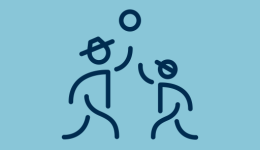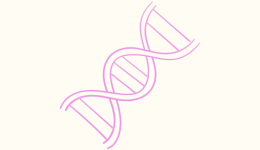Who initiates now? Gender and dating
Many emotionally aware, capable women still feel a quiet hesitation when it comes to initiating romantic connection. Why?

Many emotionally aware, capable women still feel a quiet hesitation when it comes to initiating romantic connection. Why?

I have long been a fan of intergenerational living. I have practised it in one form or another for most of my life.

Last year, I had the pleasure of working with Netflix on a new series called Blue Therapy. Being part of the production was genuinely enjoyable, down to both the creative process and the couples at the heart of the show.

I recently had the pleasure of appearing on a podcast for The Quiet ADHD Club, a Substack community created by Gabrielle Treanor for women with ADHD who don’t necessarily fit the loud, hyperactive stereotype sometimes associated with it.Gabrielle’s work speaks to women who are thoughtful, sensitive, empathetic and quietly exhausted from a lifetime of holding […]

Balancing work and relationships requires intention. It asks for conscious choices, shared responsibility and a willingness to prioritise the couple alongside professional ambition.

A major breach of trust occurs when someone deliberately lies to deceive the other. Where couples are concerned, there are two main areas in which lies like this are used: money and infidelity.

Walking on eggshells can happen to any couple if there is unresolved conflict between them. They will both try to avoid contact with each other if they believe that a solution cannot be found.

I urge couples to establish shared goals. Not the superficial “hashtag” kind. I’m talking about meaningful commitments that nurture closeness, create shared experiences, and build a vision for the future together. These are the kinds of goals that strengthen bonds and transform resolutions into lasting connection.

Reaching crisis does not mean the relationship is broken. It usually means both partners have been carrying too much alone. If your relationship feels like it is hitting a wall, there is a path forward that is calmer, clearer and genuinely hopeful.

When a couple walks into the therapy room, I don’t just meet two individuals. I meet two entire histories. Their parents, siblings, caretakers, even grandparents. These are all present in the ways a couple speak, argue, reach or retreat. Our early experiences with receiving care have a lifelong impact on how we naturally interact.